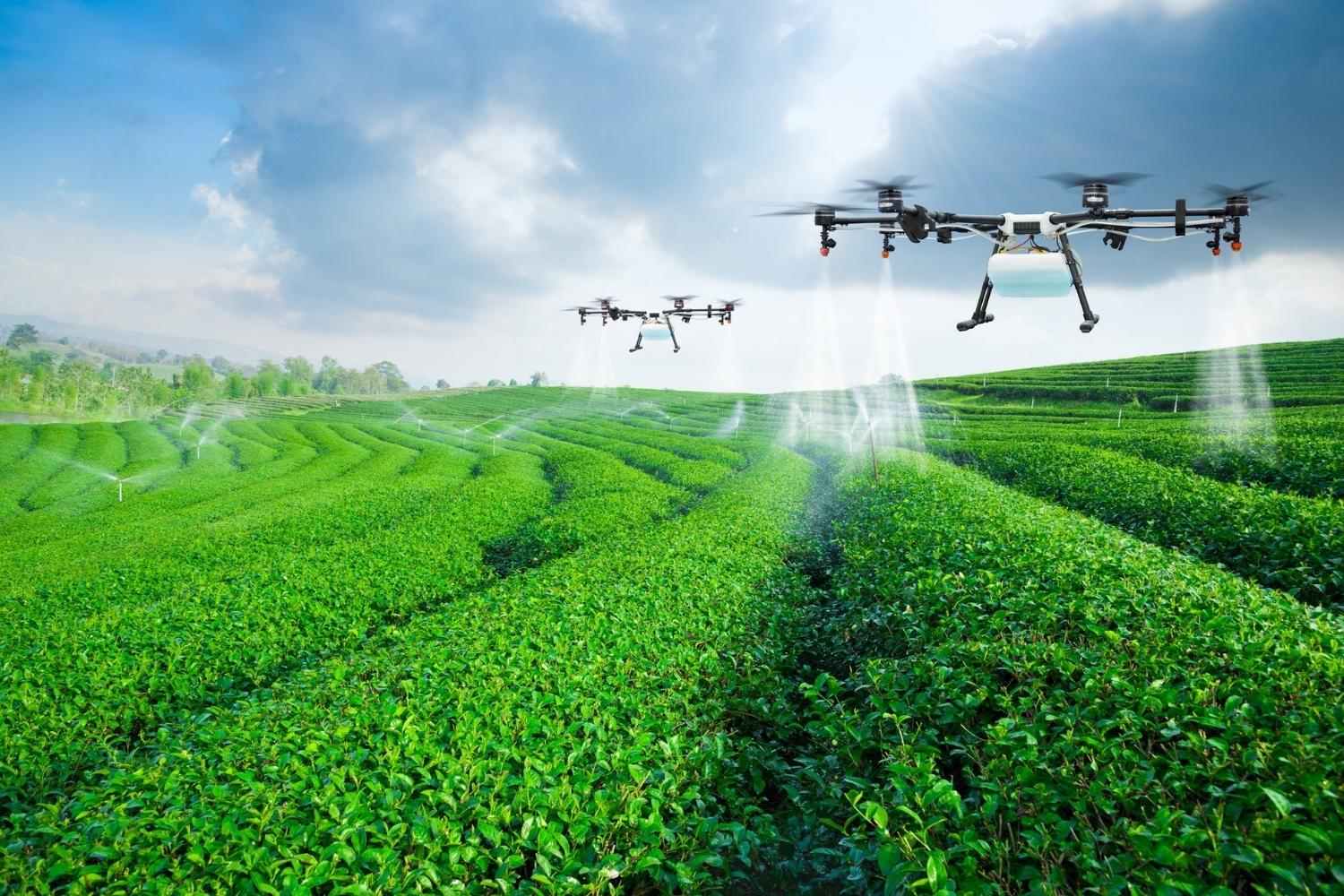
Precision agriculture is transforming farming by using technology to increase crop yields and reduce waste. But what exactly makes this method so special? Precision agriculture involves using GPS, sensors, and data analytics to manage fields more efficiently. Farmers can now monitor soil conditions, track weather patterns, and even control irrigation systems remotely. This approach not only saves time but also helps the environment by reducing the need for chemical fertilizers and pesticides. Imagine knowing exactly how much water each plant needs or predicting the best time to harvest. Precision agriculture is not just about growing more food; it's about growing food smarter. Ready to learn more? Here are 25 fascinating facts about this cutting-edge farming technique.
What is Precision Agriculture?
Precision agriculture, also known as precision farming, is a modern farming practice that uses technology to monitor and manage field variability in crops. This approach aims to optimize returns on inputs while preserving resources. Let's dive into some fascinating facts about this innovative farming method.
The Technology Behind Precision Agriculture
Understanding the technology that powers precision agriculture can give insight into its effectiveness and efficiency.
- GPS Technology: Farmers use GPS technology to map fields and track machinery, ensuring precise planting, fertilizing, and harvesting.
- Drones: Drones equipped with cameras and sensors provide aerial views of fields, helping farmers monitor crop health and detect issues early.
- Soil Sensors: These devices measure soil moisture, temperature, and nutrient levels, allowing for precise irrigation and fertilization.
- Variable Rate Technology (VRT): VRT enables farmers to apply inputs like seeds, fertilizers, and pesticides at variable rates across a field, optimizing usage and reducing waste.
- Data Analytics: Advanced software analyzes data collected from various sources to provide actionable insights for better decision-making.
Benefits of Precision Agriculture
Precision agriculture offers numerous benefits that can transform traditional farming practices.
- Increased Yields: By optimizing input usage and monitoring crop health, farmers can achieve higher yields.
- Cost Savings: Efficient use of resources like water, fertilizers, and pesticides reduces costs.
- Environmental Protection: Precision farming minimizes the environmental impact by reducing chemical runoff and conserving water.
- Labor Efficiency: Automation and technology reduce the need for manual labor, making farming more efficient.
- Sustainability: Sustainable farming practices are promoted through precise resource management.
Challenges in Precision Agriculture
Despite its advantages, precision agriculture faces several challenges that need to be addressed.
- High Initial Costs: The technology and equipment required for precision farming can be expensive.
- Data Management: Handling and analyzing large volumes of data can be complex and time-consuming.
- Technical Expertise: Farmers need technical knowledge and training to effectively use precision agriculture tools.
- Connectivity Issues: Reliable internet connectivity is essential for real-time data transfer and analysis, which can be a challenge in rural areas.
- Integration: Integrating various technologies and systems can be difficult and may require specialized support.
Real-World Applications of Precision Agriculture
Precision agriculture is being applied in various ways across the globe, showcasing its versatility and effectiveness.
- Crop Monitoring: Farmers use satellite imagery and drones to monitor crop health and growth stages.
- Precision Irrigation: Soil sensors and weather data help farmers apply the right amount of water at the right time.
- Automated Machinery: Tractors and harvesters equipped with GPS and sensors operate autonomously, increasing efficiency.
- Livestock Management: Wearable devices for livestock monitor health, movement, and feeding patterns.
- Pest Control: Precision agriculture tools help in identifying pest infestations early, allowing for targeted treatment.
Future of Precision Agriculture
The future of precision agriculture looks promising with continuous advancements in technology.
- Artificial Intelligence (AI): AI will play a significant role in analyzing data and making predictive decisions.
- Robotics: Robots will take over more farming tasks, from planting to harvesting.
- Blockchain: Blockchain technology will enhance transparency and traceability in the food supply chain.
- 5G Connectivity: Faster and more reliable internet will improve real-time data transfer and remote monitoring.
- Climate Adaptation: Precision agriculture will help farmers adapt to changing climate conditions by providing accurate weather forecasts and crop management strategies.
The Future of Farming
Precision agriculture is transforming how we grow food. By using advanced technology like GPS, drones, and sensors, farmers can increase yields, reduce waste, and make farming more sustainable. This approach not only benefits the environment but also helps farmers save money and resources.
Data-driven decisions allow for more precise planting, watering, and harvesting, leading to healthier crops and better use of land. As technology continues to evolve, the possibilities for precision agriculture are endless.
Farmers adopting these methods are at the forefront of a farming revolution, ensuring food security for future generations. With the world’s population growing, efficient and sustainable farming practices are more important than ever.
Embracing precision agriculture means a brighter future for both farmers and consumers. It’s not just about growing food; it’s about growing it smarter.
Was this page helpful?
Our commitment to delivering trustworthy and engaging content is at the heart of what we do. Each fact on our site is contributed by real users like you, bringing a wealth of diverse insights and information. To ensure the highest standards of accuracy and reliability, our dedicated editors meticulously review each submission. This process guarantees that the facts we share are not only fascinating but also credible. Trust in our commitment to quality and authenticity as you explore and learn with us.
